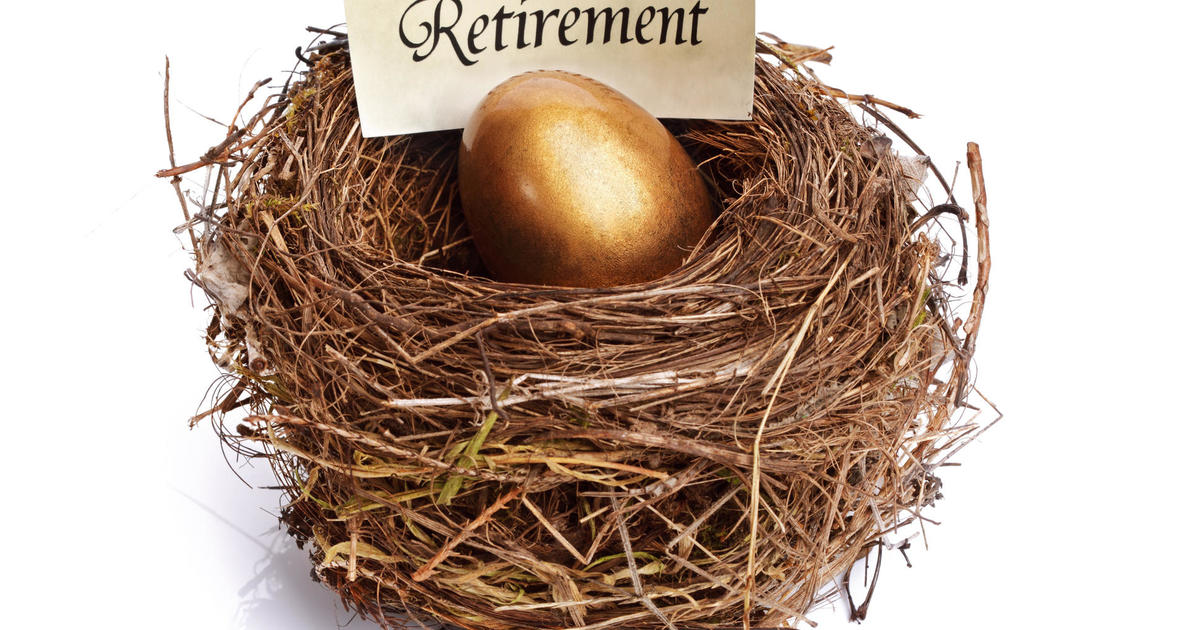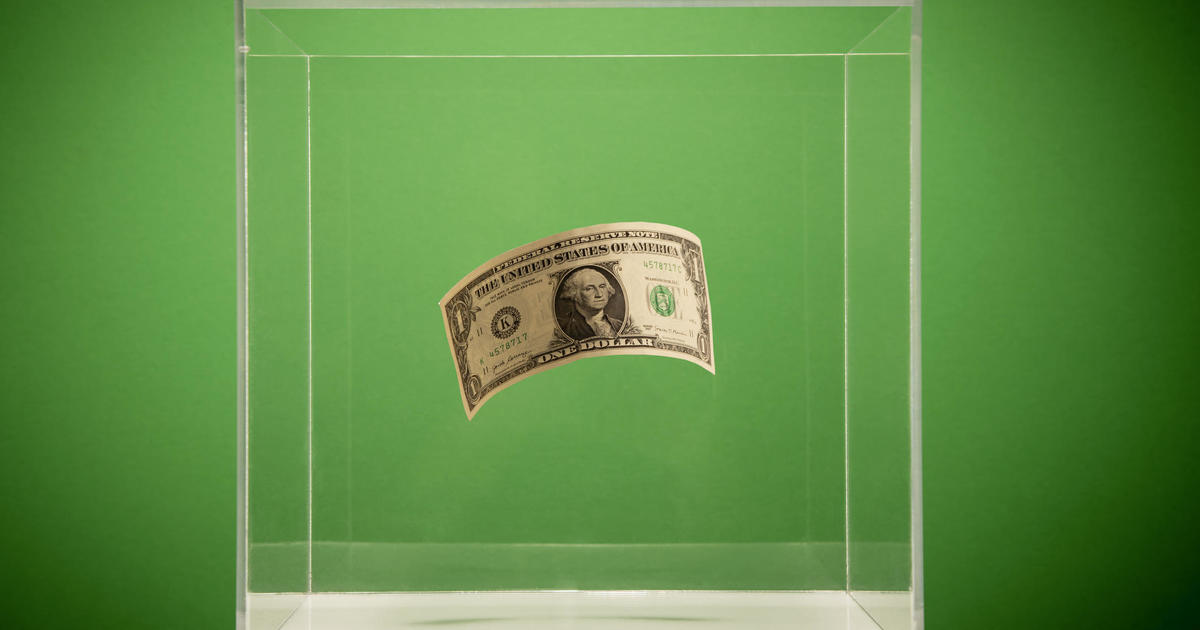Why so few seniors see the dentist
No one really likes sitting in the dentist’s chair. It could mean hours of root canal, having cavities drilled and filled, getting implants or even gum surgery.
But if you’re nearing age 65, it may be time to man or woman up. Otherwise be prepared to pay up, according to the Center for Retirement Research at Boston College (CRR). In a recent blog, the CRR pointed out that the percentage of people with dental coverage declines by more than half in the 10 years after you reach the retirement goalpost -- from 62 percent at age 65 to 26 percent at 75.
The reason: When most workers retire, they lose the dental coverage provided by their employer or union. But doesn’t Medicare, which starts at age 65, step in and pick up the slack? Not on your canines, “a fact that a majority of baby boomers are unaware of,” according to the study.
So to get coverage for fillings, cleanings and routine dental work, you’ll have to purchase private dental insurance. You can find it, but a quick financial analysis might prove that in most instances it’s not worth the cost.
And the proof is found in the fact that “very few people purchase it,” the study said. On average, uninsured older Americans shell out $1,126 annually for dental work. And the CRR said, “out-of-pocket costs can be much higher in a year when extensive work is required,” such as periodontal treatments for gum disease.
But the cost of letting routine dental care lapse can be a lot higher. It can include malnutrition caused by being unable to chew food because it’s just too painful, having dentures flap or teeth that don’t meet. And it can run the gamut all the way up to heart disease caused or aggravated by infections that originated in the mouth.
This litany of pain isn’t spread across the whole population. It’s focused on seniors. For the rest of the U.S., cost has become less of a barrier to dental care, according to the American Dental Association. Seniors are the lone exception. One in four Medicare beneficiaries have said that cost is a bigger problem for dental care than it is for any other type of medical service, including hospital stays and prescription drugs -- both of which Medicare covers.
To cover children from low-income families, former President Obama’s Affordable Care Act specifically requires pediatric dental care in all compliant policies, even when no children are in the home. But “coverage rates have declined for their low-income grandparents,” the CRR study said.
“This is a frustration for dental offices nationwide,” said Erika Kotsopey, a dental office administrator in Trenton, New Jersey, who isn’t an advocate of dental insurance. “Elderly patients come here thinking they have coverage and find their expectations -- and cavities -- unfilled.”
“And the premiums they pay if they get dental insurance often aren’t worth it,” she added. “There are hidden caveats, and you don’t get full coverage right away. For example, during the first year of a plan, you may only have ‘preventative’ care, which is a checkup. In the second, you get ‘restorative,’ which is having cavities filled. But it’s not until the third year that you have ‘major’ coverage, such as crowns.”
“So, you may not recoup what you pay in premiums for years,” warned Kotsopey. She advises anyone considering a dental plan to check with their dentist to see if he or she will accept the coverage -- and if the cost is worthwhile.
Seniors who supersized their sodas and now face cavity-prone consequences have several options:
- Before retiring, find out if you can continue dental coverage, either through your employer or union. Even if it means paying an additional monthly fee, it could be less expensive to be part of a group than on your own.
- If you live in or near a city with a dental school, check out the possibility of a reduced rate on dental visits by allowing students to ply their trade from the inside of your mouth.
- Adopt the wait-and-see plan for an item that Medicare does cover. This may mean delaying a dental visit until the situation becomes more serious or when you’re facing a major problem that dwarfs a simple toothache. Dental procedures can be covered as part of your overall medical care, such as a tooth extraction prior to heart surgery or a dental procedure prior to radiation for oral cancer.
That’s exactly what a lot of seniors opt to do. Half of those in older households earning as much as $50,000 and 21 percent earning more than $75,000 haven’t seen a dentist in the past year, according to an Oral Health America survey.
So the bottom (gum) line is that putting off seeing a dentist earlier in life will probably lead to the same behavior after retirement … unless you’re really experiencing pain. But if you’re 64, still employed and with a good health plan – do anything you can now. The man or woman in the white coat is waiting to see you.



